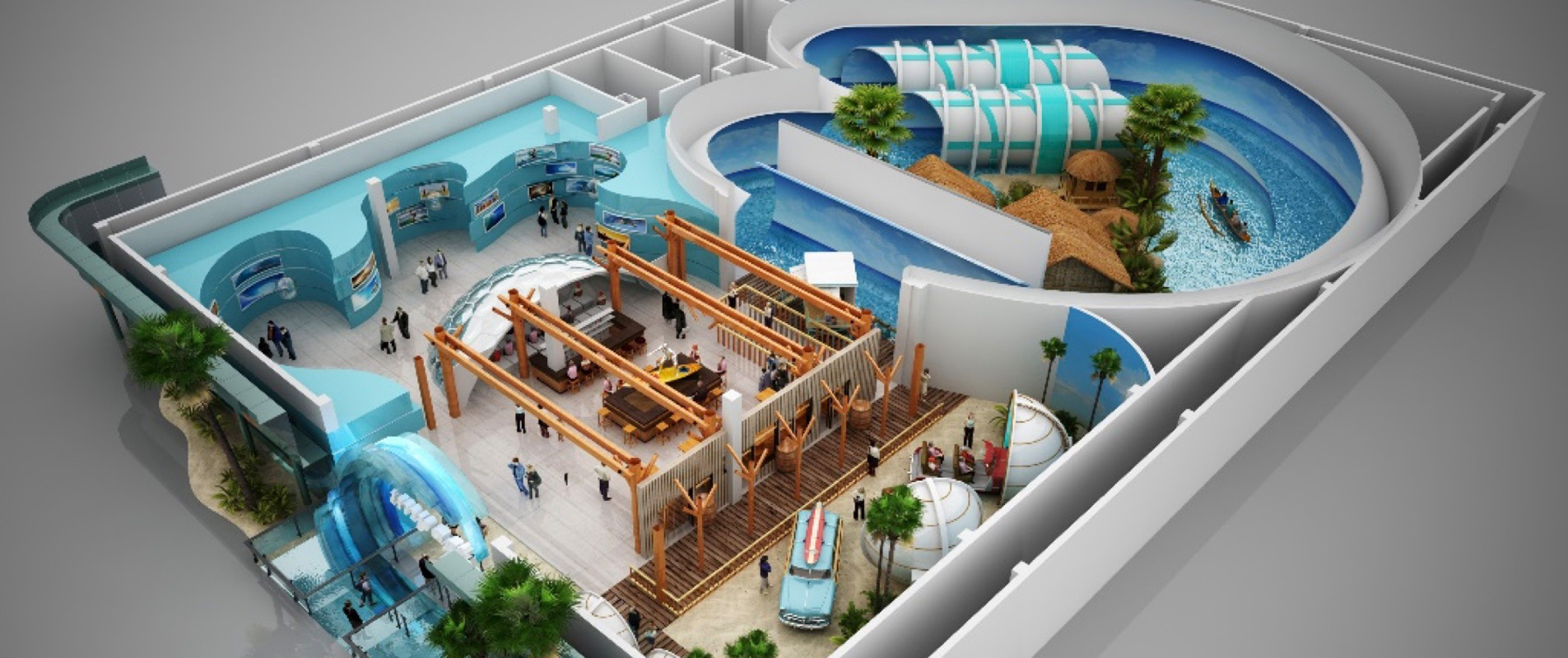VR for the construction industry
If you’re not well versed in technology, you might think virtual reality is something only used for video gaming. However, VR is taking the tech world by storm, impacting fields from product design to customer service and entertainment. Even the construction industry has joined the virtual reality revolution.
VR for construction companies has a wide variety of uses and benefits. Let’s explore a few in depth.
A bigger impact than you’d expect
VR is revolutionizing the construction industry by providing immersive and realistic ways to visualize projects, improve designs, and enhance training and safety.
With VR, builders can create detailed 3D models of construction projects, and instantly adapt to changes on the job site as they occur; while VR real estate tours offer clients an immersive view of their future home or commercial space before construction is completed.
But VR for construction doesn’t stop there. Here are some additional key applications:
- Design and Planning: VR technology enables architects, engineers, and designers to create virtual models of construction projects, allowing them to navigate and explore designs in a three-dimensional space. This helps identify design flaws, optimize layouts, and improve overall planning accuracy.
- Collaboration and Communication: VR facilitates better collaboration among project teams by providing a shared virtual space where they can review and discuss designs. With the ability to virtually walk through a building or construction site, teams can identify potential conflicts, suggest modifications, and make informed decisions collectively.
- Safety Training: With immersive safety training programs, workers can undergo virtual simulations of hazardous scenarios, such as working at heights or operating heavy machinery, to enhance their safety awareness and skills. This allows workers to train without being exposed to actual risks.
- Client Presentations: VR technology enhances pitching projects by providing a lifelike experience of a construction project. Clients can virtually tour a building or walk through an interior space to get a better understanding of the design and make informed decisions.
- Remote Inspections and Monitoring: VR enables remote inspections and monitoring of construction sites. By using immersive displays, inspectors and project managers can virtually visit sites, assess progress, identify issues, and provide guidance to on-site teams without physically being present. This saves time, reduces labor costs in the field, and enhances project oversight.
- Training and Skills Development: From equipment operation to complex construction techniques, VR simulations offer a safe and controlled environment for trainees to practice and improve their skills. By creating a risk-free space, VR accelerates the learning process and reduces training costs.
How will you use VR?
Technology adapts to its user, and VR is no different. As more and more companies are using VR for business collaboration every day, the way employees engage with each other and their workplace is changing. Companies are able to work cooperatively across the globe, visualize and digitize complex models or designs, and create interactive experiences for customers and investors.
At Immersive-FX we produce high quality immersive technology for businesses across industries including VR for construction companies. Do yourself and your employees a favor by bringing your business into the modern day with virtual reality.

